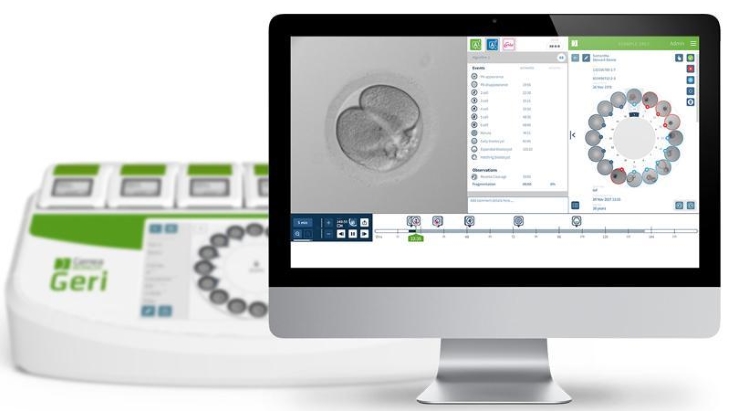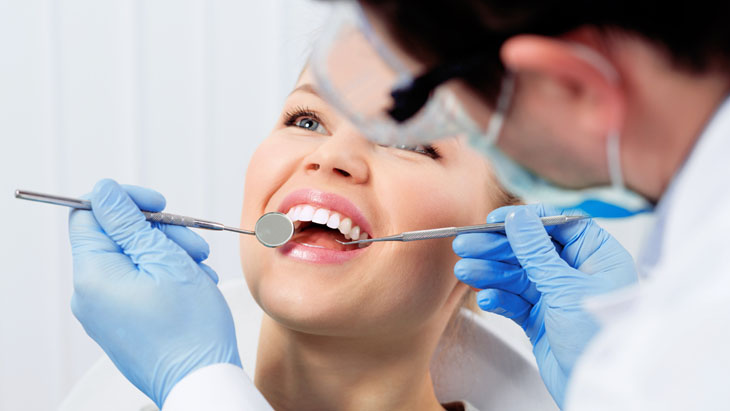Compare costs
Average cost of treatment in key countries
Include indicative costs for treatment, travel, insurance and accommodation
Get a quote
1. Complete the enquiry form
2. Select countries of interest
3. Providers respond directly
The field of Assisted Reproduction has advanced at a high speed since the first in vitro fertilisation baby was born forty years ago.
Since then, the research efforts of all the professions related to this field have focused not only on increasing the chances for all patients to become pregnant, but on how to achieve this with the least amount of attempts. Everything is done to avoid new disappointments, with the resulting physical and emotional wear on patients.
Although the conception of a new life is the most natural thing in the world, there are many factors that interfere in the joining and development of two microscopic cells up until the birth of a baby, among them, ovarian reserve, sperm quality, endometrial receptivity, immunology, genetics, and viability of embryos. Nothing can be left to chance or taken for granted.
To increase the probability of a pregnancy, while minimising the number of attempts, it is vital to transfer the embryo with the highest implantation potential to become a viable pregnancy. Traditionally, embryo selection was made only according to morphological criteria, meaning, by the appearance the embryo presented at the different stages of cell division. In addition, embryologists had to extract the embryos from the incubator and observe them under a microscope, thus decreasing the stability of the culture and endangering its development. These were very rudimentary and somewhat subjective techniques, since decisions were made based on very little data.
The appearance of time-lapse technology incorporated into incubators was a great advance for the classification of embryos, reflected in a significant increase of the success rate. Nowadays, it is possible to continuously monitor an embryo’s development, which provides invaluable information about its implantation capacity in the maternal uterus and its subsequent viability. A camera, integrated in the incubator, collects images of the embryo every five minutes, allowing the embryologist to learn about any anomalous behaviour of the embryo, its morphology or its division times, which previously went unnoticed. Now, the exact moment in which different important events of the embryo occur can be known. It is even possible to register the exact moment of fertilisation and the information collected during the instant prior to gametes becoming an embryo helps a better prognosis about its subsequent development to be obtained.
In addition, the latest generation of incubator has independent spaces, each with its own camera. This ensures that each patient’s embryos have their own personalised culture conditions (temperature, humidity and concentration of oxygen and carbon dioxide), without interference from the development of adjacent embryos. This increases the number of cultured embryos that achieve the blastocyst stage (5-6 days of development), which increases the probability of achieving pregnancy and favours the transfer of a single embryo. This is due to the optimisation in the assessment process of the embryo quality, without interference in the embryo culture, which allows for a natural selection process in which the “strongest” embryos will reach this stage. This, is turn, allows for the transfer of that single embryo with a higher implantation rate, thus reducing the possibility of multiple pregnancy and the associated risks.
At IVF-Spain, they know that nothing can match the conditions of the maternal uterus. However, thanks to science, they have more and better tools for embryos to enjoy optimal growth conditions and they have the necessary knowledge to transfer the best embryo, the ones that become a longed-for baby.
IVF-Spain is modern, patient-focused infertility clinic in Alicante, Spain. Offering a full range of fertility treatments including natural cycle IVF, ICSI and IMSI, the clinic has an emphasis on the international egg donation programme and specialises in special IVF cases such as recurrent miscarriages, implantation failures and genetic diseases.


Founded 100 years ago in Barcelona, Institut Marquès is an internationally-recognised IVF clinic specialising in IVF with egg and/or semen donation and is accredited by the Spanish Healthcare Authority...
Institut Marquès has fully licensed IVF clinics in Barcelona, Rome, London and Milan.

